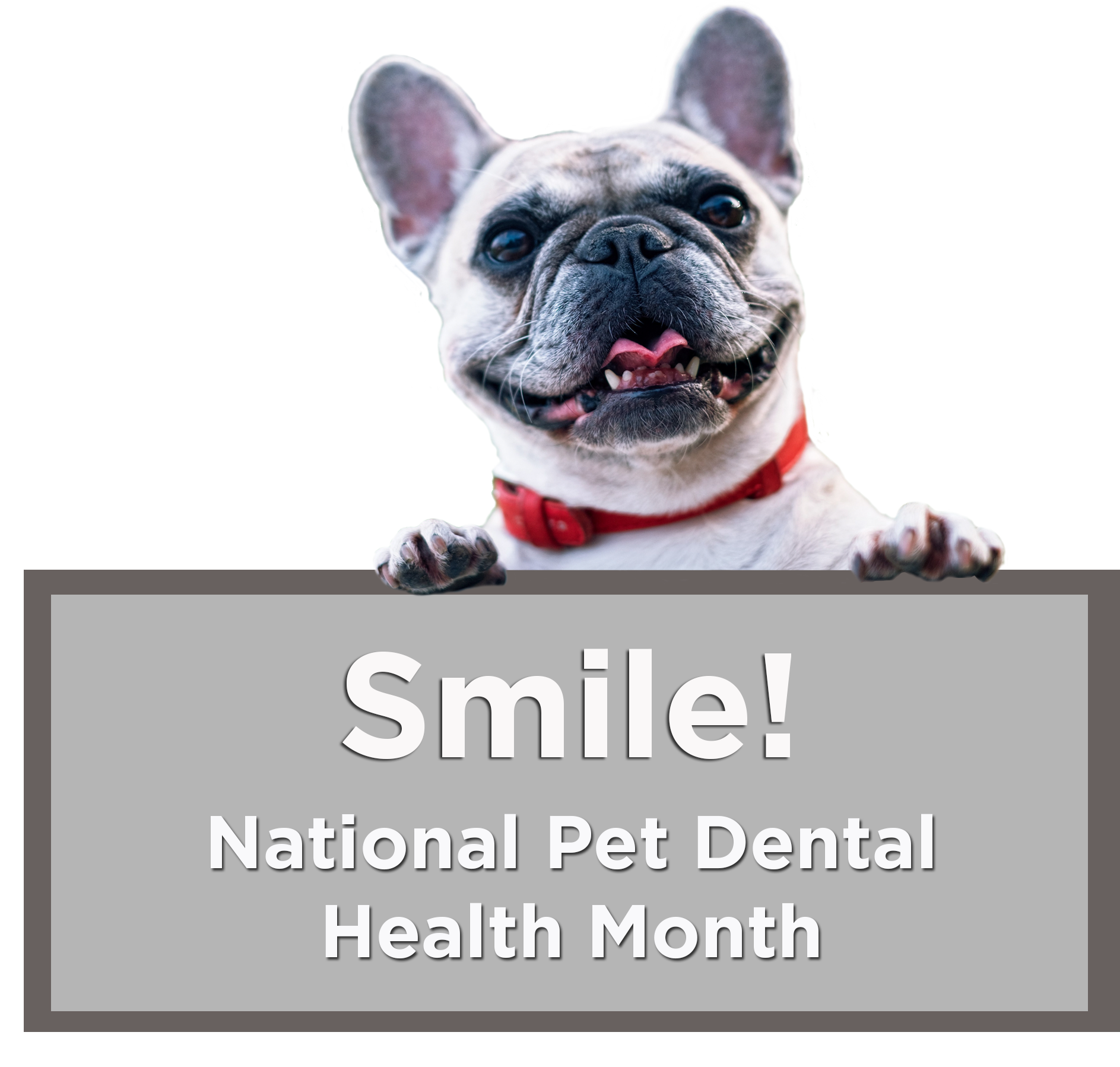
Our pets are part of our families, and just as we do with our children, we like to keep our animals as healthy as possible. February celebrates National Pet Dental Health Month, so it’s a great reminder to check those purrfect pearly whites and gums.
As humans, our dental hygiene check-ups are routine, and it should be no different for our pets. It is important to regularly examine your dog’s (or cats!) teeth and gums as they are susceptible to problems like tartar, plaque build up and gingivitis (gum disease).
Many vets suggest teeth cleaning every day. However, we know that this can be easier said than done! If battling with the brush is going to end in tears, here are a few tips to help you keep the shine on those teeth.
-
Get comfortable checking your pet’s mouth.
This doesn’t mean reaching straight for the toothbrush, but just allow your pet to become used to you touching and gently opening their mouth. It can be better to do this after exercise as they may be more inclined to sit still!
-
Introduce new tastes
Once you’ve picked your pet friendly toothbrush and toothpaste, let them try a little! Get them used to the taste and smell of what you’ll be brushing their teeth with. Then, add the toothpaste to the brush and allow them to become familiar with this being near their mouth.
-
Slowly does it.
You’ve heard about the tortoise winning the race, well the same applies here. Take each tooth as a small victory; stop when your pet becomes agitated otherwise it’ll turn in a bad experience for both of you. Rewards are a great incentive, treat your animal when they’ve responded well to reinforce a positive behaviour.
-
Dinner time!
If your pet will not accept teeth brushing, are treats that can help with mouth care! Natural chews can help remove the build up of tartar, and there are many chews designed to help with the cleaning of teeth, as well as providing relief for your pet's natural urge to chew. The Innocent Hound Dental Support Sausages contain breath freshening aniseed, and citrus extract which together are a powerful antibacterial and antifungal remedy, to help prevent the build-up of plaque and tartar.
-
What’s that smell?
Knowing the signs of poor oral hygiene can keep you one step ahead. Bad breath is usually the first sign of dental issues; however you should regularly check for:
- Any changes in chewing or eating habits
- Red, swollen or bleeding gums
- Loose or broken teeth
- Drooling or excessive salivation
-
Time for the V-E-T?
Just like us, your pet should have their teeth checked every six- twelve months, however if you have any concerns, make that extra appointment. Prevention is cheaper than the cure, so keep those smiles a purrfect pearly white!
Don't forget!
Quote DENTAL at checkout for 10% discount- hurry! Ends Sunday 18th Feb!



0 comments